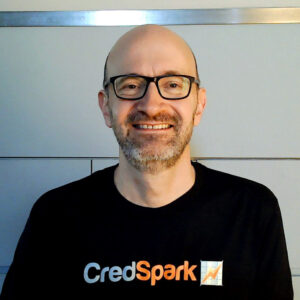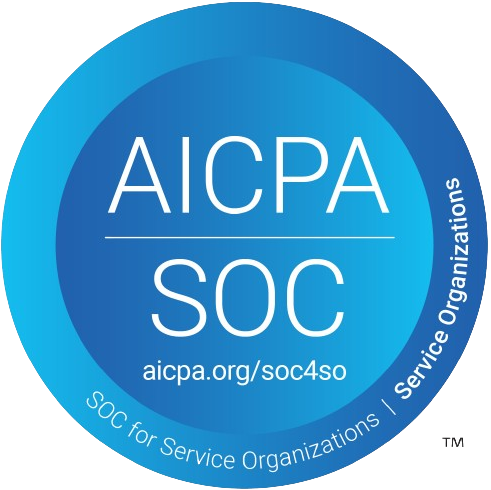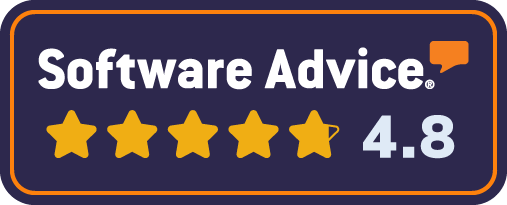In school, you always knew where you stood. But in the workforce, it’s a lot less clear.
As a student, your knowledge was checked on tests and quizzes multiple times per month, perhaps even a few times per week. You probably didn’t love being tested; but along with grades, all those assessments provided you with information: What you knew, what you didn’t know, and what you needed to work on.
Assessments serve a critical function
Tests which give you information are known as formative assessments. Literally, they are intended to help you form an understanding of your own knowledge and to guide your learning process. For example, those end-of-chapter quizzes may count for just a few points in your overall grade, but their real value is in exposing your current knowledge gaps, allowing you to focus your future efforts on the areas where you need the most improvement–ultimately helping you make significant gains on a final exam.
Learning is lifelong. Why isn't learning measurement?
Education Week recently reported that US schools will spend over $1.6 billion in 2017 on digital formative assessment tools. Platforms which help teachers deliver short tests and quizzes to help measure student learning is a booming business. But this raises a larger question: Why do we stop measuring learning after people graduate?
There are many possible answers. Perhaps it’s our historical legacy of the false dichotomy between the ‘Learning’ and ‘Earning’ phases of our lives. Maybe businesses don’t see the ROI in measuring learning, or perhaps they’re worried about rubbing employees the wrong way.
But frankly, none of those answers is any good. As the Knowledge Economy has claimed an ever-larger share of the workforce over the past 40 years, it’s now generally accepted that we can’t stop learning after our formal education is complete. So it makes sense that if we expect to learn in our jobs, we should be given the same ongoing learning guidance that was readily available to us as students, i.e. formative assessment tools.
Employers need to wake up and assess the learning
At CredSpark we’re encouraged to see the early stirrings of wakefulness to a new, measurement-informed approach to workforce learning. But employers need to be fully awake, quickly, to ensure they’re ready for when formative assessments finally graduate and make the move from the classroom to the working world.






